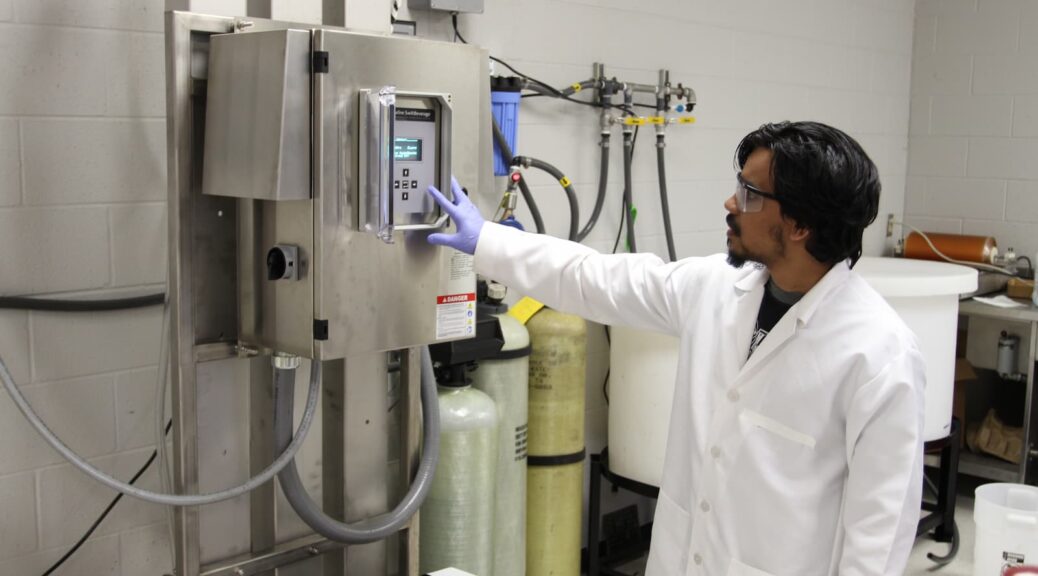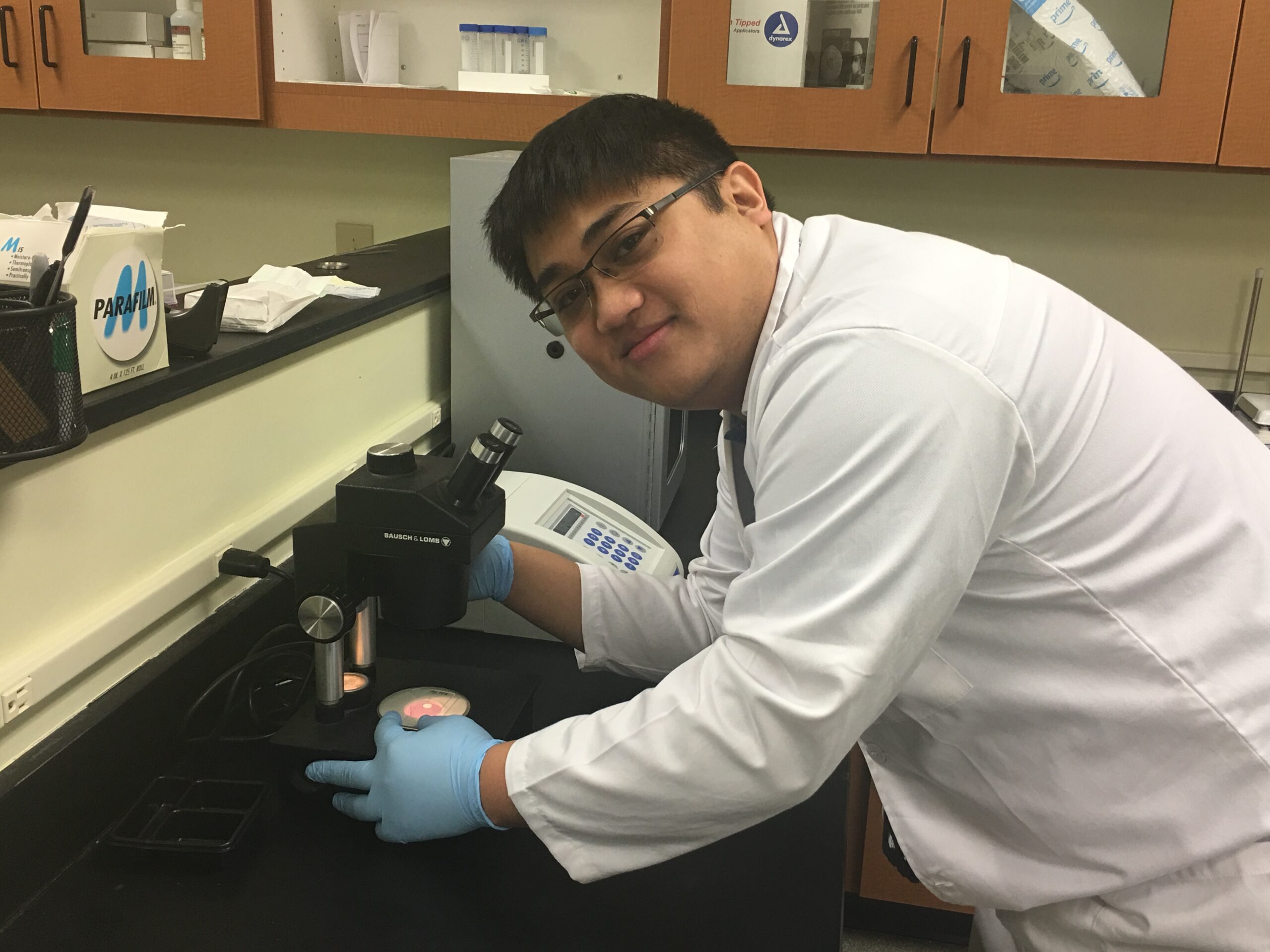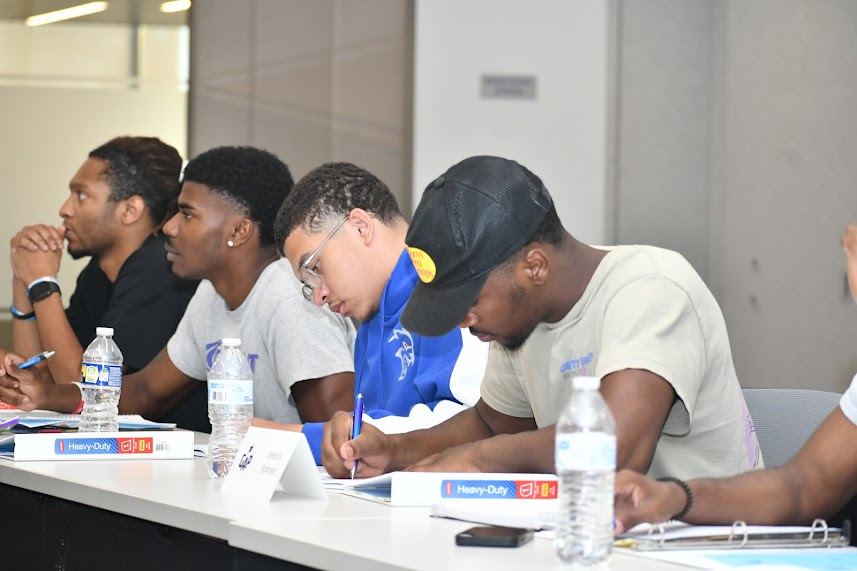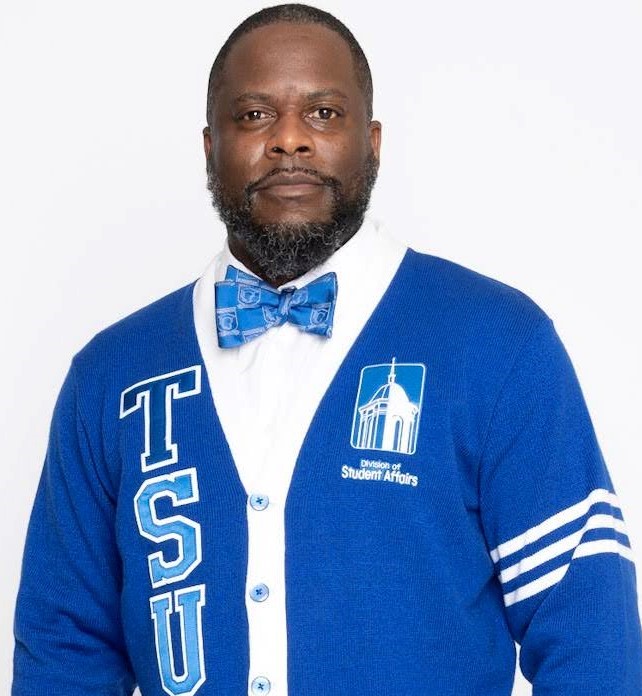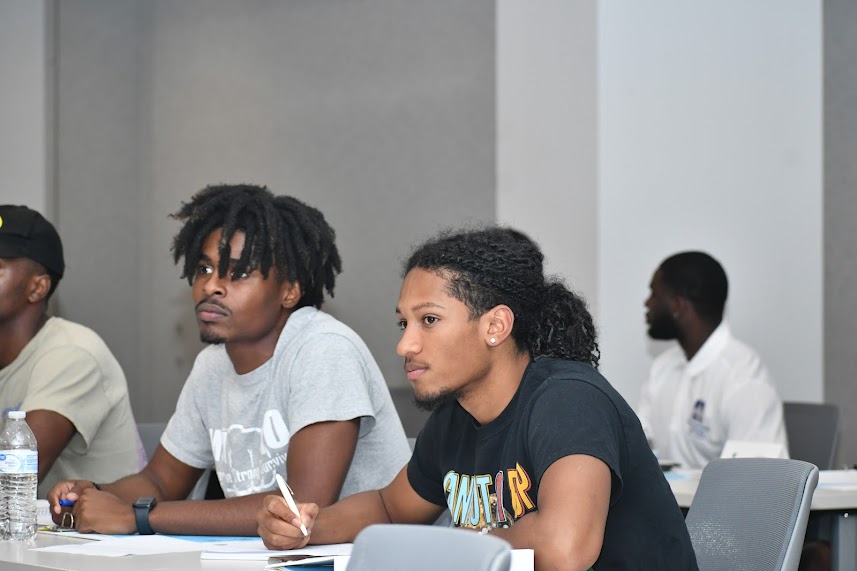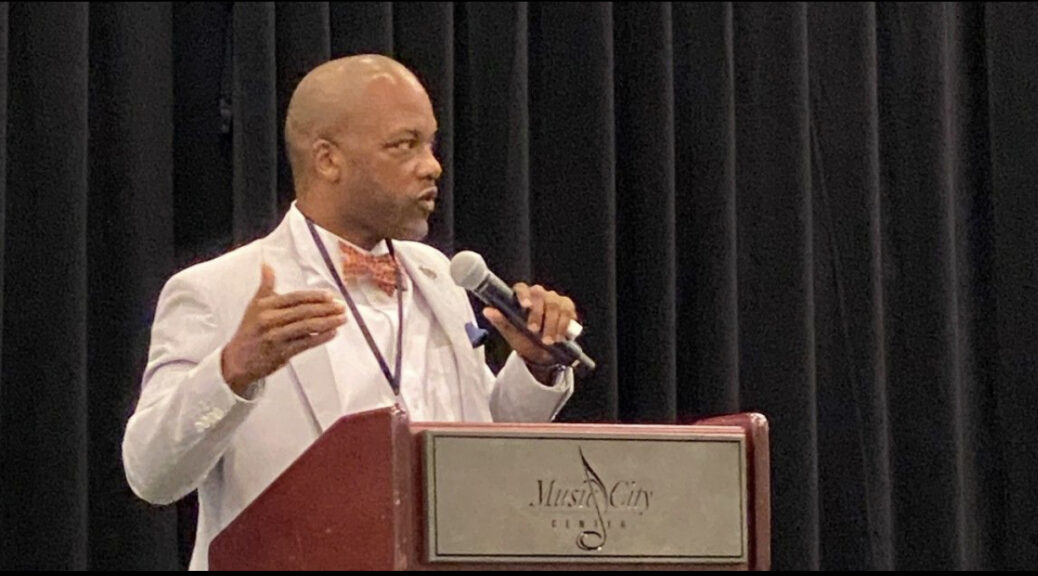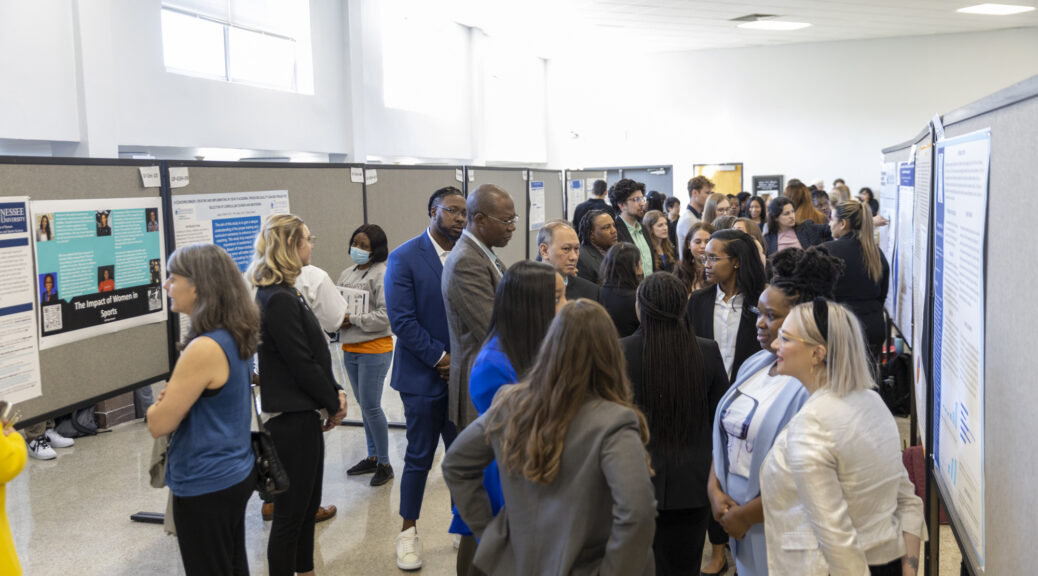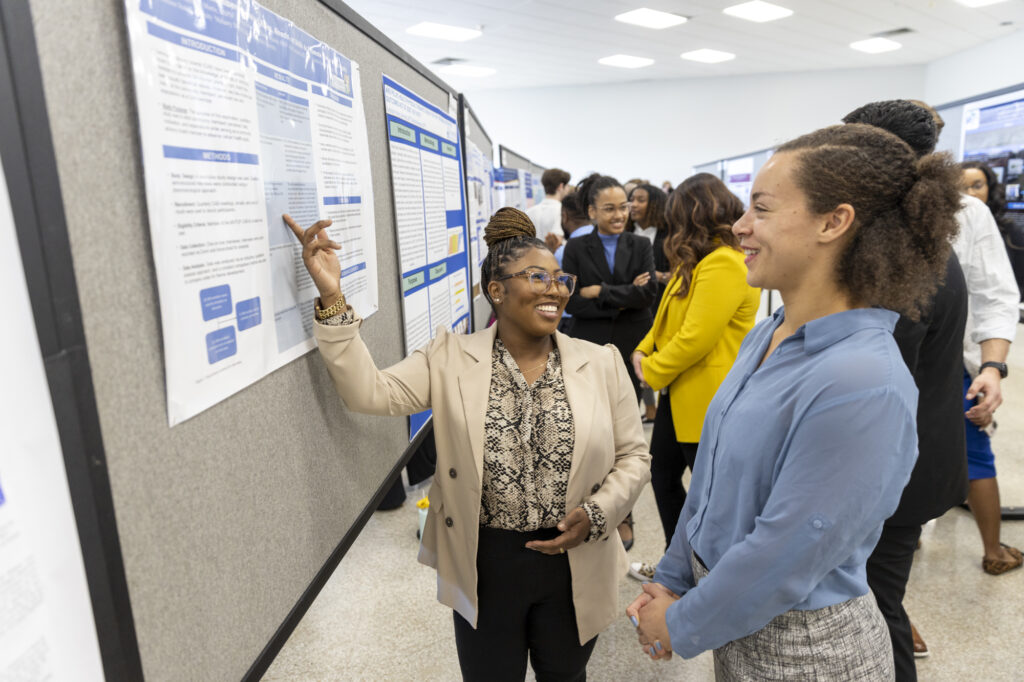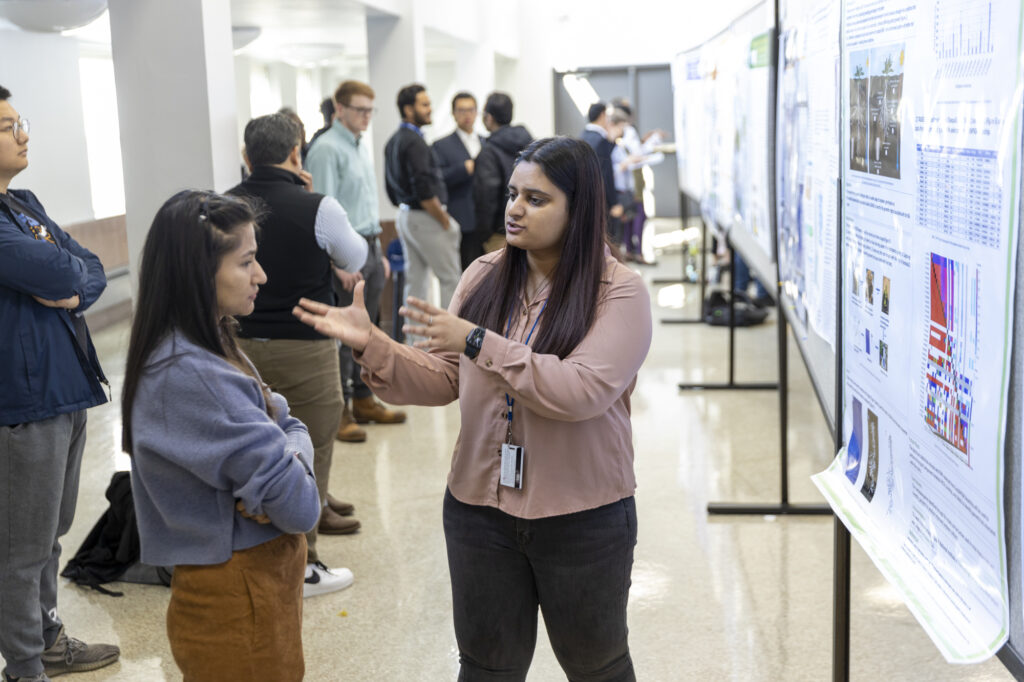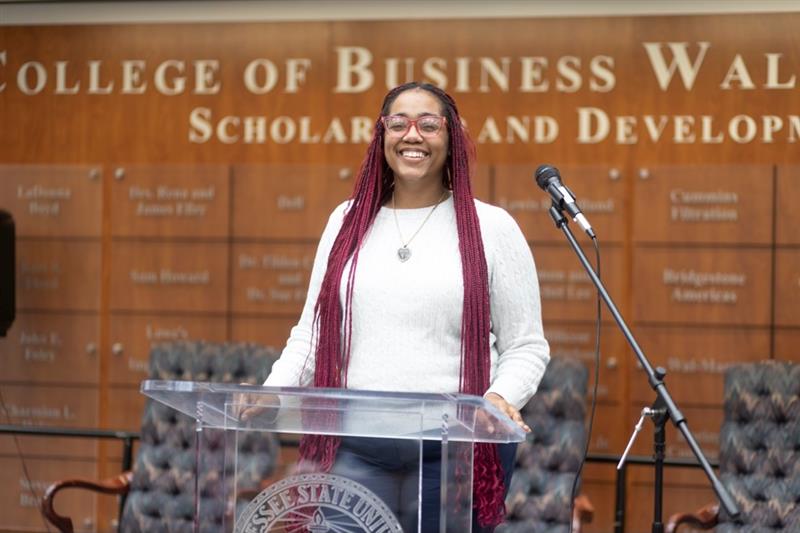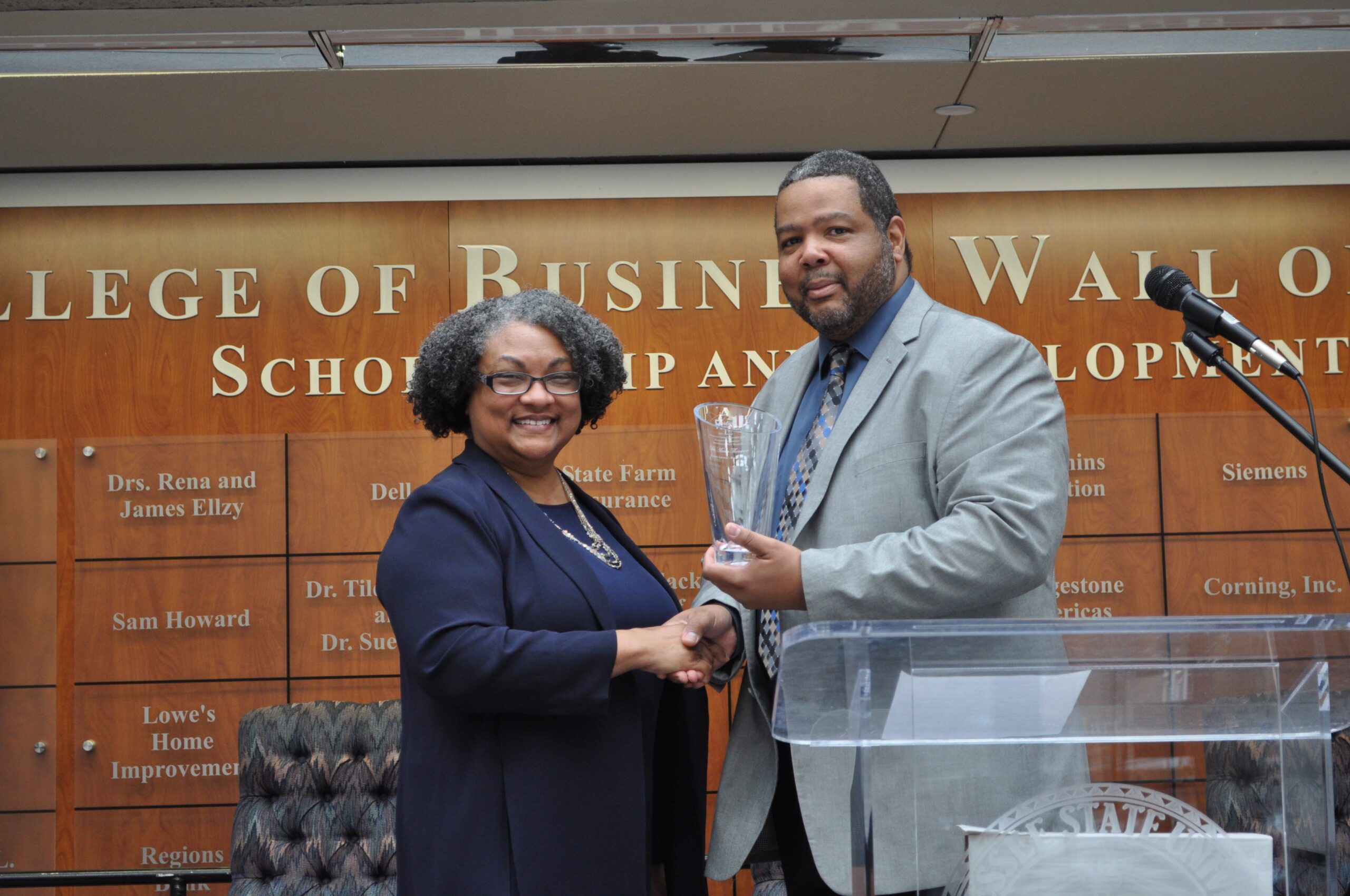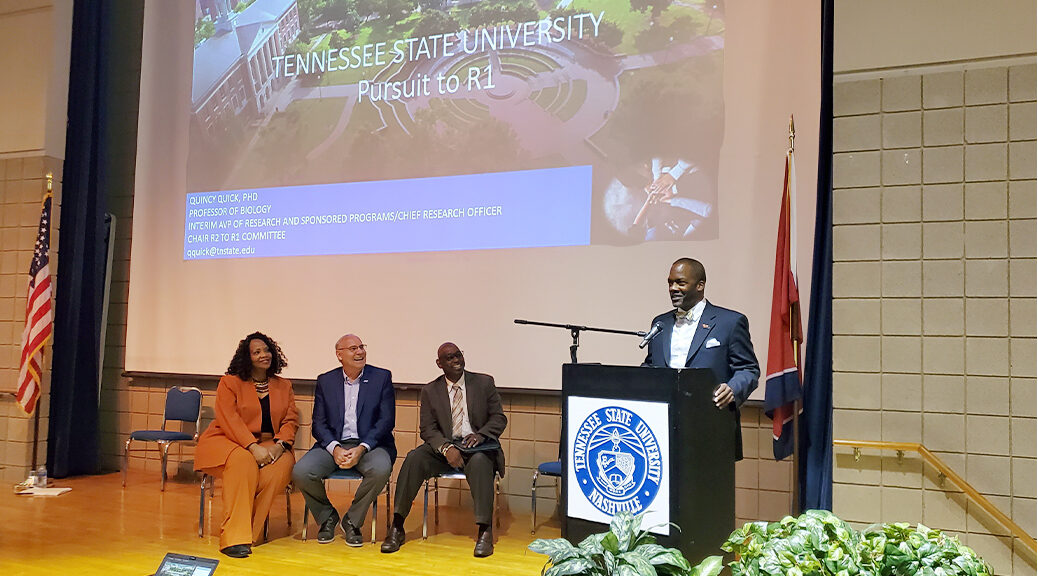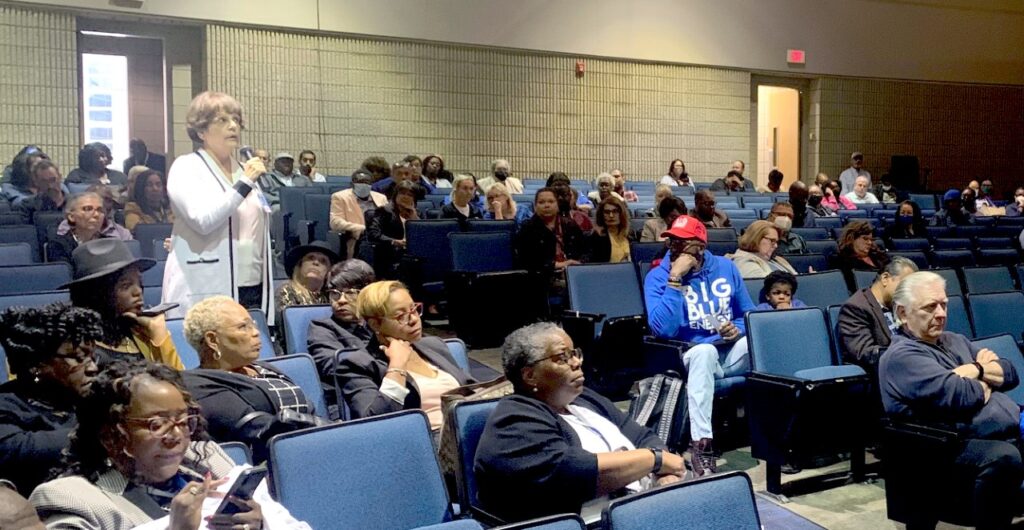Continues path to obtain R1 status with record-setting external funding
NASHVILLE, Tenn. (TSU News Service) – Tennessee State University has reached a historic milestone, with the institution receiving over $100 million in research awards. The $100,031,082 million in funding is the second highest total among the nation’s Historically Black Colleges and Universities (HBCUs) for the 2022-2023 fiscal year. According to TSU President Glenda Glover, the record-setting awards are a part of the University’s plan to reach R1- research status.
“I applaud our Research and Sponsored Programs division for the implementation and continuation of a robust program that speaks to TSU’s commitment to changing the world through our research,” said TSU President Glenda Glover. “We understand that a significant increase in research expenditures is the key metric to obtain the R1 designation, the highest research classification for institutions.”
Some of the funding will focus on innovations in renewable energy, sustainable technologies, and global food security. University officials believe these research efforts will continue to transform lives and shape the future of TSU students.
“The aim of research in general is so that research will have a societal impact across the board from a local, state, regional and national level,” said Dr. Quincy Quick, associate vice president of Research and Sponsored Programs.
“All of the research that was awarded from the Center of Excellence for Learning Sciences to all the awards in the College of Agriculture will have a huge impact.”
In 2021, TSU’s external research funding was just over $70.7 million and has increased by 34% since then. This includes an $18 million United States Department of Agriculture National Institute of Food and Agriculture (USDA NIFA) NEXTGeneration grant awarded to the College of Agriculture that helped to propel TSU to the new record setting total.
“The USDA/NIFA grant isn’t just a financial fortune, but it is a transformative opportunity that will propel TSU to new heights and academic excellence,” Dr. Quick added.
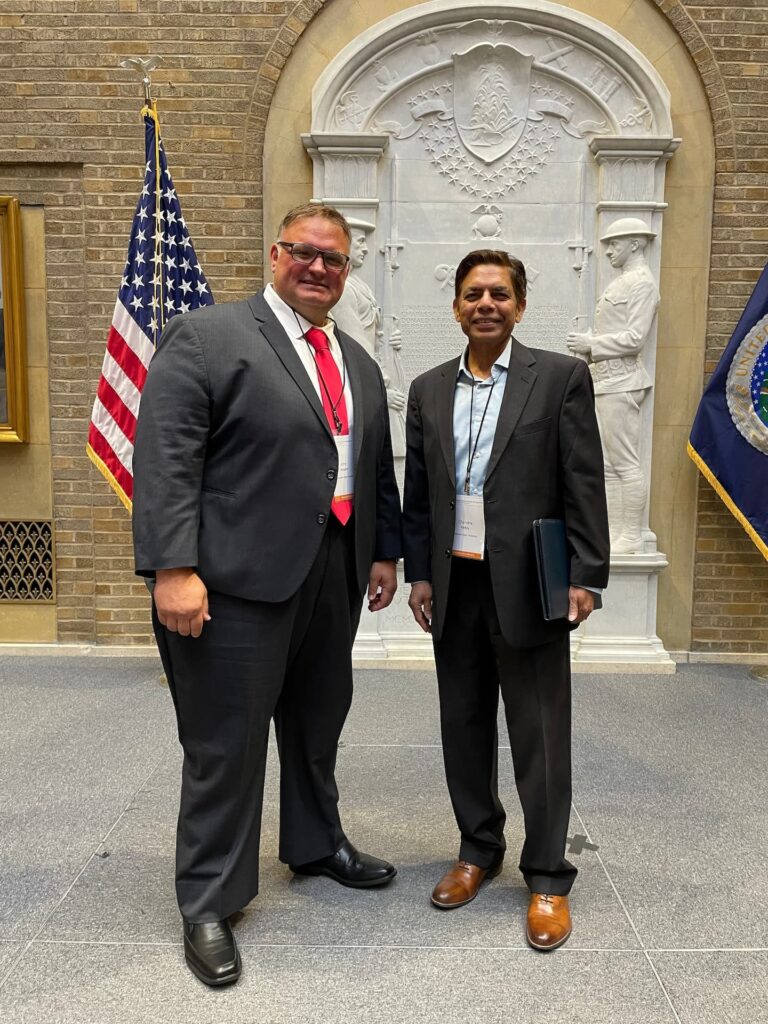
Quick also received a $2,970,000 grant from the National Institute of Standards and Technology, adding to the total. The award will be used for the renovation of Harned Hall in the College of Life and Physical Sciences, which houses (13) research labs and (2) teaching laboratories.
“We have hit the highest total in grant awards in the institution’s history. This puts TSU in the upper echelon of research funding among HBCUs.”
Quick, who is leading the R1 designation effort, says the goal is to ultimately reach $150 million in total grant awards within the next five years. TSU has had record awards in three of the last four years, $54 million (2019-2020); $70.7 million (2020-2021); and over $100 million (2022-2023).
The R1 status is the highest research designation, under the Carnegie Classification of Institutions of Higher Learning. The designation would mean more doctoral programs, research initiatives and funding for students and the university. Currently, TSU is one of only 11 HBCUs with an R2 designation under the category of “high research activity.”
TSU’s Center of Excellence for Learning Sciences and the College of Agriculture received a total of $65.9 million awards of this year’s total.
Here are the top awards received in 2022-23:
- Dr. John Ricketts – College of Agriculture, $18,000,000 (USDA NIFA)
- Dr. Kimberly Smith- RSP, $10,444,445 (TN Department of Human Services)
- Dr. Andrea Tyler – Title III, $10,254,498 (Department of Education)
- Dr. Quincy Quick – RSP, $5,000,000 (Department of Energy)
- Dr. Quincy Quick –RSP, $2,970,000 (National Institute of Standards and Technology)
- Dr. Karla Addesso – College of Agriculture, $2,479,982 (USDA)
- Dr. Melanie Cantu – College of Agriculture, $2,016,694 (USDA)
- Dr. Rebecca Selove – RSP, $1,772,784 (National Institutes of Health)
- Dr. Deo Chimba – College of Engineering, $1,611,168 (Dept. of Transportation)
- Dr. Margaret Whalen – RSP, $1,255,618 (National Institutes of Health)
- Dr. Roy Sonali – College of Agriculture, $1,158,373 (USDA)
- Dr. Jianwei Li, College of Agriculture, $1,118,709 (USDA)
